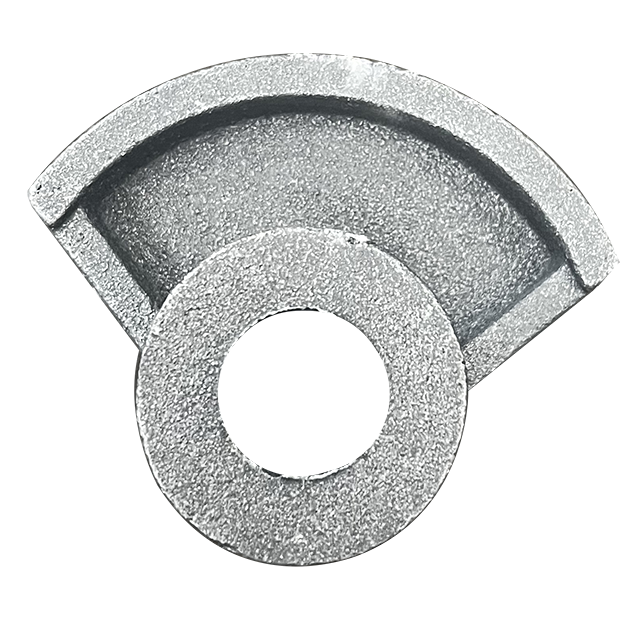- Afrikaans
- Albanian
- Amharic
- Arabic
- Armenian
- Azerbaijani
- Basque
- Belarusian
- Bengali
- Bosnian
- Bulgarian
- Catalan
- Cebuano
- China
- China (Taiwan)
- Corsican
- Croatian
- Czech
- Danish
- Dutch
- English
- Esperanto
- Estonian
- Finnish
- French
- Frisian
- Galician
- Georgian
- German
- Greek
- Gujarati
- Haitian Creole
- hausa
- hawaiian
- Hebrew
- Hindi
- Miao
- Hungarian
- Icelandic
- igbo
- Indonesian
- irish
- Italian
- Japanese
- Javanese
- Kannada
- kazakh
- Khmer
- Rwandese
- Korean
- Kurdish
- Kyrgyz
- Lao
- Latin
- Latvian
- Lithuanian
- Luxembourgish
- Macedonian
- Malgashi
- Malay
- Malayalam
- Maltese
- Maori
- Marathi
- Mongolian
- Myanmar
- Nepali
- Norwegian
- Norwegian
- Occitan
- Pashto
- Persian
- Polish
- Portuguese
- Punjabi
- Romanian
- Russian
- Samoan
- Scottish Gaelic
- Serbian
- Sesotho
- Shona
- Sindhi
- Sinhala
- Slovak
- Slovenian
- Somali
- Spanish
- Sundanese
- Swahili
- Swedish
- Tagalog
- Tajik
- Tamil
- Tatar
- Telugu
- Thai
- Turkish
- Turkmen
- Ukrainian
- Urdu
- Uighur
- Uzbek
- Vietnamese
- Welsh
- Bantu
- Yiddish
- Yoruba
- Zulu
Aug . 15, 2024 03:22 Back to list
Efficient Wall-Mounted Oil Boiler Solutions for Optimal Home Heating and Energy Savings
Exploring Wall Oil Boilers Efficiency and Practicality
In today’s energy-conscious world, the search for efficient heating solutions is more relevant than ever. Among various heating systems available, wall oil boilers have emerged as a favored option for many homeowners, especially in regions where gas supply is limited. This article explores the functionality, benefits, and considerations of wall oil boilers, highlighting why they are a viable heating alternative.
What is a Wall Oil Boiler?
A wall oil boiler is a compact heating system that utilizes oil as its primary fuel source. Unlike traditional floor-standing boilers, wall-mounted versions offer a space-saving design that is ideal for smaller homes or apartments. These units are designed to convert oil into heat efficiently, circulating hot water through radiators or underfloor heating systems to maintain a comfortable indoor environment.
Efficiency and Performance
One of the standout features of wall oil boilers is their efficiency. Many modern units boast high Annual Fuel Utilization Efficiency (AFUE) ratings, often exceeding 90%. This means that for every dollar spent on heating oil, a significant percentage is converted into usable heat. Advanced technologies such as modulation and condensing capabilities further enhance efficiency, allowing the boiler to adjust its output based on the heating demand, reducing fuel consumption and utility bills.
Moreover, wall oil boilers can provide rapid heating responses. When the thermostat signals a drop in temperature, these boilers quickly produce hot water, ensuring that comfort is restored swiftly. This responsiveness is particularly beneficial during the cold winter months when immediate warmth is essential.
Space-Saving Design
wall oil boiler

The wall-mounted design of these boilers is one of their greatest advantages. By being installed on a wall rather than taking up valuable floor space, they free up areas for other uses, making them an excellent choice for smaller living spaces. Additionally, their sleek and modern appearance can blend seamlessly with home interiors, contributing to an overall aesthetic appeal.
Environmental Considerations
While oil is a fossil fuel, advancements in technology have led to the development of cleaner-burning oil options. Many modern wall oil boilers can utilize biofuels or ultra-low sulfur heating oil, resulting in fewer emissions and a reduced environmental impact. However, it’s essential for homeowners to remain aware of their carbon footprint and consider alternatives if they are seeking completely sustainable heating solutions.
Installation and Maintenance
The installation of a wall oil boiler requires professional expertise. Proper installation ensures optimal performance and safety, as oil heating systems involve specific regulations and guidelines. Once installed, these systems are relatively low-maintenance. Regular servicing, including cleaning and inspections, can enhance efficiency and prolong the lifespan of the unit. Homeowners should be proactive in scheduling these services to prevent potential issues.
Conclusion
Wall oil boilers represent a practical and efficient heating solution for many households, especially those lacking access to natural gas. With their high efficiency, space-saving design, and rapid heating capabilities, they are a favorable choice for homeowners seeking reliable warmth during colder months. As technology advances and cleaner fuel options become more prevalent, wall oil boilers will continue to play a significant role in the heating industry. While consideration of environmental impacts is essential, the practicality and efficiency of these systems cannot be underestimated, making them a steadfast option for modern heating needs.
-
8mm Thin-Walled Cast Steel Manhole Cover Pallet Bottom Ring | Durable
NewsAug.04,2025
-
Premium Cast Iron Water Main Pipe: Durable, Corrosion-Resistant
NewsAug.03,2025
-
Durable Cast Iron Water Mains | AI-Optimized Systems
NewsAug.02,2025
-
High-Efficiency Propane Boiler for Baseboard Heat | Save Energy
NewsAug.01,2025
-
Premium Source Suppliers for Various Gray Iron Castings
NewsJul.31,2025
-
Durable Cast Iron Water Main Pipes | Long-Lasting
NewsJul.31,2025


